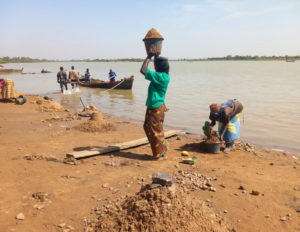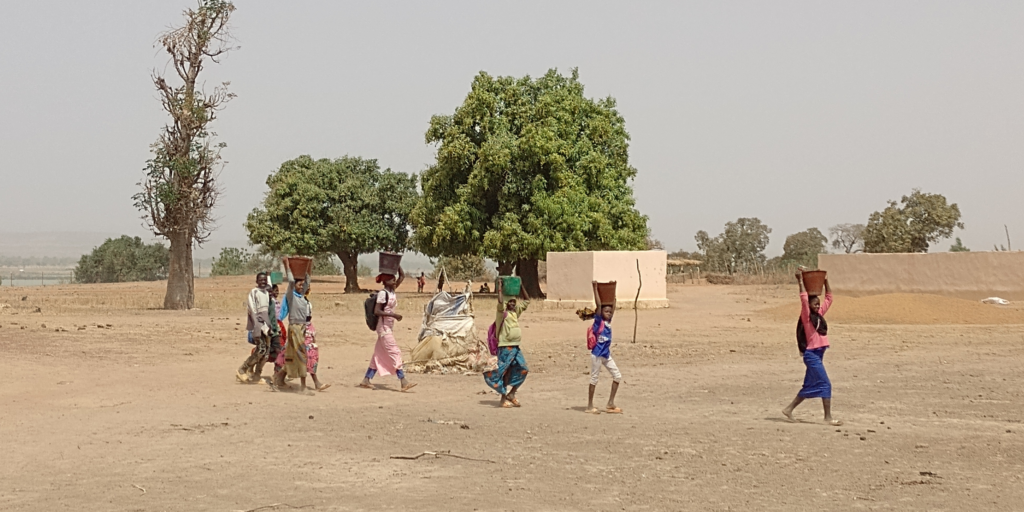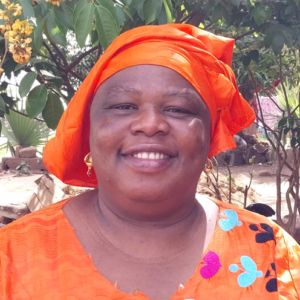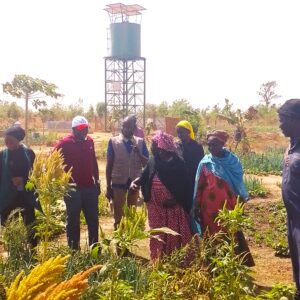Our new report on the power of qualitative gender assessments is out now!
Our new report on the power of qualitative gender assessments is out now! This study was co-funded by the Belgian government as part of Join For Water’s multiyear programme 2022-2026. Our work has highlighted that gender diagnostics are complex, nuanced, and an essential focus, especially in Africa, where women face difficult challenges. Equipped with the knowledge and lessons learned in Mali, this report outlines a series of recommendations on how to effectively integrate gender diagnostics into project design and implementation for the coming years. Our hope is that this study will inspire other organisations and governments to apply a gender lens in the design of programmes and use our recommendations to improve practice.
The challenge
To ensure sustainable development, integrating gender perspectives into policies, programmes, and activities is crucial. Gender-sensitive programming acknowledges the differing experiences of men and women due to socially constructed roles and seeks equitable outcomes for all, particularly evident in accessing and managing water resources and ecosystem services in Africa. Women often face significant challenges due to entrenched gender disparities and discriminatory practices, limiting their ability to participate in decision-making processes and benefit from resources they sustain. Climate change exacerbates these challenges, necessitating a gender-sensitive approach to water resource management and climate change adaptation.
This study
Understanding and adapting interventions to the specific needs, challenges, and perspectives of women requires appropriate methods of identification. Quantitative data alone is insufficient, and even qualitative methods can fail to capture women’s voices sufficiently. This study outlines different qualitative methods tested in a gender assessment conducted by Join For Water in Mali, as part of its multi-year programme 2022-2026 co-funded by the Belgian government. It outlines its findings according to the methods used. It offers recommendations for future assessments, emphasizing the importance of incorporating gender-sensitive approaches to address the complex challenges faced by women in accessing ecosystem services and responding to climate change impacts.

Findings
Organisations often use group discussions as a timesaving method, bringing community representatives from different groups and societal layers around the table. This method proved to provide almost no information on women’s needs and rights.
Findings and conclusions from the tested methods provide clear guidance for future gender-sensitive community assessments.
To learn more on this and other key aspects, you can read the conclusions and recommendations in our report.
Next
We will share our findings with the global community and integrate the recommendations into Join For Water’s future programmes. We hope this study may inspire other organisations and governments to apply a gender lens in the design of their programmes and use our recommendations to improve their practice.
‘The use of methods that ensure a safe space for women to share their views is essential to identifying their needs and challenges.’ – Awa Traore – Join For Water Mali
You can learn more about our new report here
Authors : Awa Traore – Brent De Smedt
In collaboration with:








